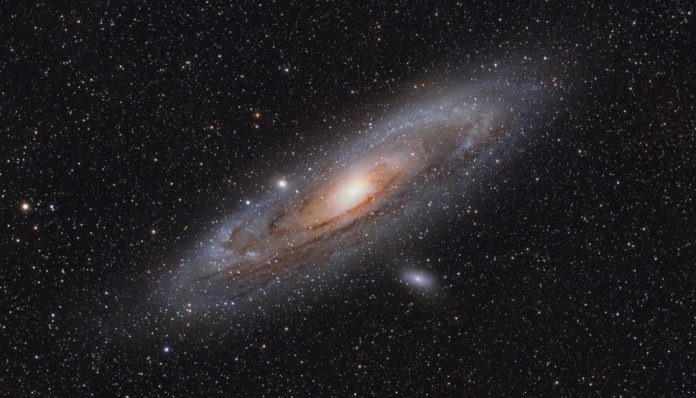Professor Didier Queloz of Cambridge University strongly believes that alien life exists.
Queloz – who is one of three scientists to be awarded the 2019 Nobel Prize in Physics – said it was “entirely realistic” life could be found outside of Earth in the next 30 years. In October 1995, Professor Queloz along with Professor Michel Mayor announced the first discovery of an exoplanet – a planet outside the solar system. The Swiss pair made the scientific breakthrough using custom-made instruments at the Haute-Provence Observatory in southern France.
They were able to locate planet 51 pegs b – which has a radius of 135,830km and is located approximately 50 light-years away.
The discovery started a revolution in astronomy and more than 4,000 exoplanets have since been found in the Milky Way.
Professor Queloz said the discovery of exoplanets has led him to believe humans cannot be alone in the universe.
He said: “I can’t believe we are the only living entity in the universe.
“There are just way to many planets, way too many stars, and the chemistry is universal.
“The chemistry that led to life has to happen elsewhere.”
Professor Queloz said it was “entirely realistic” life could be found closer to home in the next 30 years, and even more likely in the next 100 years.
He added: “I do hope that this Nobel Prize will help give a further boost for this fascinating question when we think about life on another planet.”
Professor Queloz and Professor Mayor were awarded the prestigious prize for contribution to the understanding of the evolution of the universe and “Earth’s place in the cosmos”.
They shared the prize along with James Peebles, from Princeton University in New Jersey, who was honoured “for theoretical discoveries in physical cosmology”.
Mr Peebles predicted the existence of cosmic microwave background (CMB) radiation, the so-called afterglow of the Big Bang.















